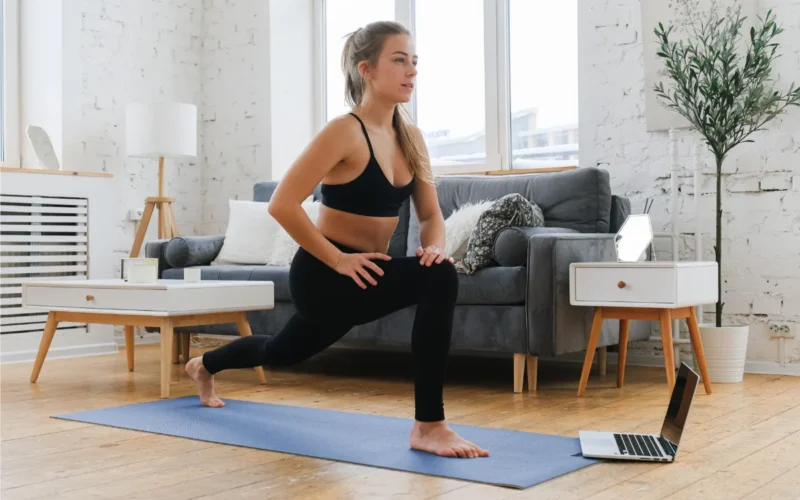If you’re living with chronic health issues or limited mobility, even the thought of starting to move more can feel overwhelming. You’re not alone — and you’re not invisible.
Dr. Reema Dbouk, a physician and assistant professor at Emory Healthcare, understands how tough it can be to re-engage with physical activity when your body feels like it’s working against you. Her philosophy? Forget fitness perfection. Start exactly where you are.
Start with What You Can Do — Not What You “Should” Do
Whether it’s trouble walking, leg weakness, or fatigue from medications, Dr. Dbouk doesn’t push patients toward fitness goals that feel out of reach. Instead, she works with them to build confidence and consistency with small, achievable goals.
“We build from the baseline — whatever that looks like,” she says.
So, instead of talking about big numbers like “150 minutes of weekly exercise,” Dr. Dbouk often suggests starting with everyday movements, such as:
- Parking farther away at the store
- Walking to the mailbox twice a day
- Doing gentle arm raises or leg lifts from a chair
- Practicing sit-to-stand exercises to boost real-world strength
These aren’t just warmups — they’re powerful, functional movements that support independence and improve quality of life.
Real-World Movements Matter
What might seem like a small move can actually make a big difference. Standing up from a chair, lifting a light bag, or walking to your kitchen are all ways to build strength and stability.
Dr. Dbouk emphasizes that you don’t need fancy gym equipment. Bodyweight exercises and gravity-based resistance can be just as effective in improving mobility, balance, and confidence.
The goal isn’t hitting perfect workout milestones — it’s about tolerating a little more each day, feeling capable in your body, and gaining momentum.
Compassion Over Pressure
Many people with mobility challenges also carry emotional weight — frustration, shame, or fear — especially when talking to healthcare providers about exercise.
Dr. Dbouk encourages other medical professionals to approach the topic gently:
“Let patients know we’re on their team. Progress doesn’t have to start big — it just has to start.”
That simple message makes space for hope, especially for those who feel left out of the mainstream fitness conversation.
You Deserve to Move at Your Own Pace
Getting back into movement doesn’t have to mean running marathons or joining a gym. It can start with standing up once more today than you did yesterday. It can be as small as walking across the room without stopping. Those steps matter.
With patience, support, and the right mindset, movement becomes more than exercise — it becomes freedom.

